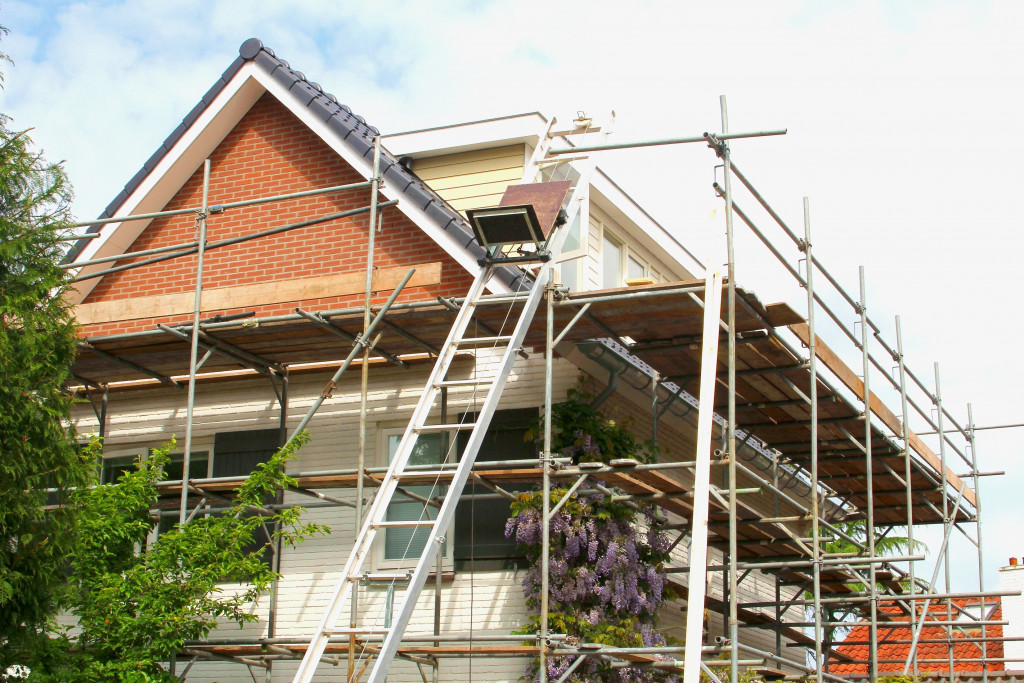- Construction projects are expensive due to labor, material, and equipment costs, regulatory factors, and planning techniques.
- Heavy equipment costs include rental, insurance, repairs, and costs associated with downtime.
- Regulatory approvals can result in significant costs, requiring long-term planning to avoid costly delays.
- Proper planning, cost monitoring, technology investments, price negotiation, and alternative methods can reduce costs.
- Balancing cost reduction and quality is key to successfully managing construction project costs.
There are many details that go into the average construction, and these come together to make construction generally expensive. This means that you need to have a sound plan if you want to have a successful project, right from the point at which you figure out the pre construction costs. These may vary depending on the specific project that’s being done, as well as its scale. For instance, some projects may call for the use of a concrete pumping company, which will drive the costs higher.
You could also benefit from learning about the most expensive parts of building a house so that you’ll be mentally prepared for the cost. This could take extensive research and considerable experience, but it’s worth getting done. To get a general idea of what to expect, especially as a beginner in the industry, you should talk to construction professionals in your area and also do some internet searches. This could be something like the cost to build a luxury house or even the cost to build a townhouse. Both of these can guide you on what to expect, but you shouldn’t stop there. Learn about different types of constructions since there are different types in existence, with each having its own typical costs and timelines.

As a construction manager, it is easy to get frustrated when you see how much money is being spent on a project. You may wonder where all the money is going and why everything seems to cost so much. The truth is, there are many reasons why construction projects are so expensive. Here’s a look into construction projects today, why yours is so expensive, and ways to reduce costs.
Construction Project Costs Today
It’s estimated that mid-rise buildings cost around $562 per square foot , while high-rise buildings cost around $660. These numbers are just the average costs; some buildings can cost significantly more. So why are construction projects so expensive?
1. Labor Costs
One of the most significant expenses in construction projects is labor costs. Skilled laborers, supervisors, and other workers require high pay rates, especially in regions where construction work is in demand. Construction laborers are paid around $14 to $30 per hou r, depending on their experience. This is why it’s essential to factor in things like overtime work, special licenses, and safety requirements, and you’re looking at significant increases in labor expenses. Therefore, labor costs can significantly impact your project’s overall cost, especially when working with specific union requirements and collective bargaining agreements.

2. Materials
Construction materials are another significant cost driver. A construction project requires everything from piles of steel and lumber to fixtures, finishes, and roofing materials . Although prices vary continuously, there is a consistent trend for construction materials to increase. Hence, it is both essential and challenging for construction managers to keep up with the current trends in the market and adopt effective procurement methods.
3. Equipment
Heavy construction equipment such as cranes and bulldozers can have a significant price tag. Renting heavy equipment, short-term or long-term, insurance and the cost of repairs and maintenance can add up.
In addition, equipment downtime due to breakdowns or repairs can significantly impact your project’s timeline and budget. Getting high-quality equipment, keeping it in great shape, and maximizing its use are crucial to controlling costs.

Additionally, it’s essential to keep track of your construction equipment. This is why you need to invest in GPS tracking for construction equipment . The tracker can help you determine where your equipment is, how long it’s used, and when it needs servicing. This data can assist you in scheduling maintenance and tracking usage to allocate costs accurately.
4. Regulatory Factors
Construction projects often require the approval of local, state, and federal agencies. This can result in significant regulatory costs, including permitting, inspections, and environmental studies, among other things . Many factors need to be considered, and timing is a critical factor. As a result, it requires long-term planning strategies to get approvals on time and avoid costly delays.
5. Planning
Lastly, a construction project’s cost highly depends on the project’s planning and management techniques. As construction activities are interdependent and highly complex, inadequate planning and disruptions could result in increased costs for a project.
How to Reduce Construction Project Costs
It’s not all doom and gloom for construction project managers. There are several ways to reduce costs without sacrificing quality.

1. Plan and Manage Efficiently
Proper planning and project management are the key to keeping costs down. Ensuring all activities are scheduled appropriately, equipment is used efficiently, and labor is utilized effectively can help reduce unnecessary expenses.
2. Monitor Costs Regularly
Tracking costs throughout the project can help identify any potential cost overruns early on. This allows for adjustments to be made and issues to be addressed promptly.
3. Invest in Technology
New technologies like GPS tracking for construction equipment can help monitor equipment usage and reduce downtime due to maintenance or breakdowns. This results in cost savings in the long run.
4. Negotiate Prices
Negotiating prices with suppliers, contractors, and laborers can lead to significant cost savings. It is essential to research and compare prices before making any deals.
5. Consider Alternative Construction Methods
Alternative construction methods, such as modular construction, can reduce costs by eliminating the need for on-site labor and reducing building material waste.
Although construction project costs are significant, it’s essential to understand that they are necessary for creating safe and durable structures. By implementing proper planning and utilizing technology, construction managers can find ways to reduce costs while still delivering high-quality projects. As the industry continues evolving and new technologies and methods are introduced, construction managers must stay informed and adapt accordingly. Balancing cost reduction and quality is crucial in successfully managing construction project costs.

